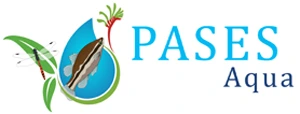PASES Aqua monitors mosquito and midge populations and habitats and recommend mitigation strategies which may involve environmental, physical, chemical, cultural and biological control procedures.
Serving Greater Sydney & Perth Regions
Although mosquitoes and midges play a role in the wetland ecosystem as an intermittent food resource for birds, bats, frogs, fish and invertebrates; when overabundant, they have several negative impacts and are subject to public scrutiny. These negative impacts include:
- Nuisance-biting stings to surrounding residents
- Transmission of disease causing pathogens to humans
- Reduction in recreational use of wetland and surrounding walk paths
- Numbers prolific in environments with elevated nutrient levels and stagnant water
PASES Aqua can survey populations of mosquito and midge larvae, assess site habitat and recommend a successful control program which may include:
- Environmental – reduce habitat by reducing nutrient levels, algae and stagnant water I.e. Lake bed aeration/surface aeration will increase dissolved oxygen levels and reduce nutrient levels and move water hence increasing predatory fish habitat, preventing favourable conditions for reproduction and reducing food resources (nutrients, algae)
- Physical – physical modification or removal of source to prevent breeding – wetland design can be modified, dredging to increase fish habitat and spread of reeds and plants that these organisms rely on
- Chemical – water, ground and aerial applications including fogging
- Biological – introduction of larval predators such as native fish
- Cultural – personal preventative measures
Related services
We have the drive, the passion, and the knowledge to help you. We employ the right people with a strong background in fish, and/or qualifications in Biology or Aquaculture and/or related fields



